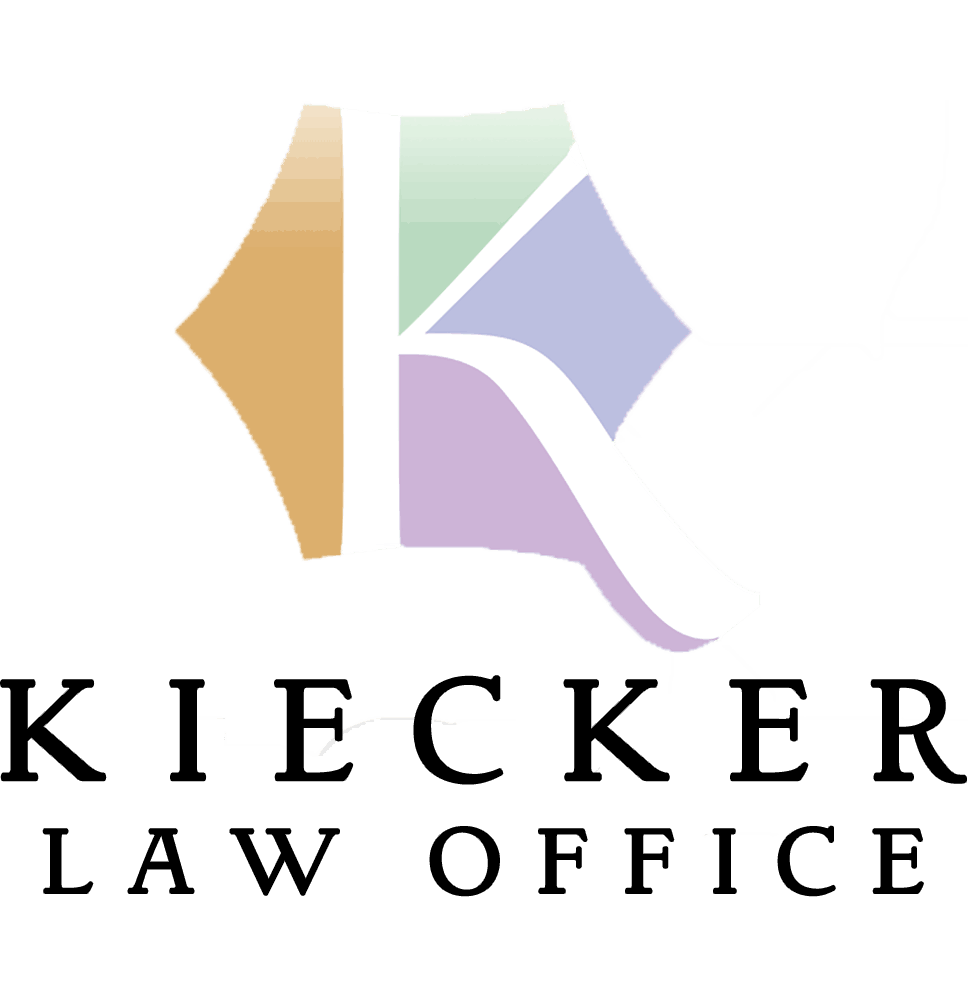Protecting Your Digital Assets
Earlier this year, the app developer, NordPass, conducted a survey around online passwords. They found that the average person keeps between 70 to 80 passwords. They must memorize, write down, reset that many passwords just to function in their life online. You may ask, “why is an estate planning law firm talking about passwords?” Honestly, it is a great question. The answer to that is a relatively new term called “Digital Assets”.
Normally when we talk about assets, we only think about physical items or financial accounts. In today’s world, everything seems to be shifting online. We do not get bills in the mail; we get them automatically taken out of our accounts and never see a bill. You can always look up the bill on your online account…which leads us back to your passwords. Nearly every bank and financial company in existence provide you with an online account to access your funds…which leads us back to your passwords. Maybe you were fortunate enough to invest in cryptocurrency like Bitcoin. That is not physical, you must purchase it through an online account…which leads us back to your passwords. Many people are forgoing physical pictures and just saving them online in their own account…which leads us back to your passwords.
So, what does this mean? It means that we need to start thinking about our passwords and our online accounts as assets. They are digital assets and they need to be protected like any other asset. This is a concept called Digital Asset Management. There are services that are out there like NordPass that sell their app to help you do this, but it does not need to be that intricate. It can be as simple as writing down all your passwords. In fact, we have created a document that you can download and fill out. Of course, we have added a few other helpful pieces of information like your closest advisors, your account information, and where you keep your physical documents.
We call the document A Guide to My Life: My Advisors, Digital Assets and Documents. As we tell clients, you want to leave a way for someone to step into your shoes and take care of your life if you need help. That could mean that you are stuck in the hospital from COVID-19 for 3 weeks and need to focus on recovering. Even worse, if you die, you want to make things as easy as possible for your loved ones. Having all your affairs in one place is extremely important, especially as our lives become more and more digital. Again, you are collecting digital assets and that is great because it makes your life easier, but it also makes it more difficult for your loved ones to know where everything is kept.
For this document, we suggest printing it out and keeping it in a safe place. We understand that it would be easier to make it a fillable document that you can save on your computer. Frankly, we advise against that for 2 reasons. One, if you have it saved on your computer, someone is going to have to be able to access your computer, which can be difficult if it is password protected itself, and if they do get access, they need to know what to look for and where it is. Secondly, if it is on your computer, it could theoretically be hacked into. If it is hacked, again, your entire life is on there and people you do not want to have access to it will have access to it. Instead, we suggest printing it out, filling it out with a pen or pencil, and then keeping it in a drawer in your desk or somewhere else that your loved ones will look (or that you’ve told them about).
Even if you decide to use some other form of tacking your digital assets and other important information, we still feel it is important and recommend it to all of our clients. Communication is key with your loved ones and digital asset management is just one more aspect of estate planning that can make life, and death, easier for your loved ones.

